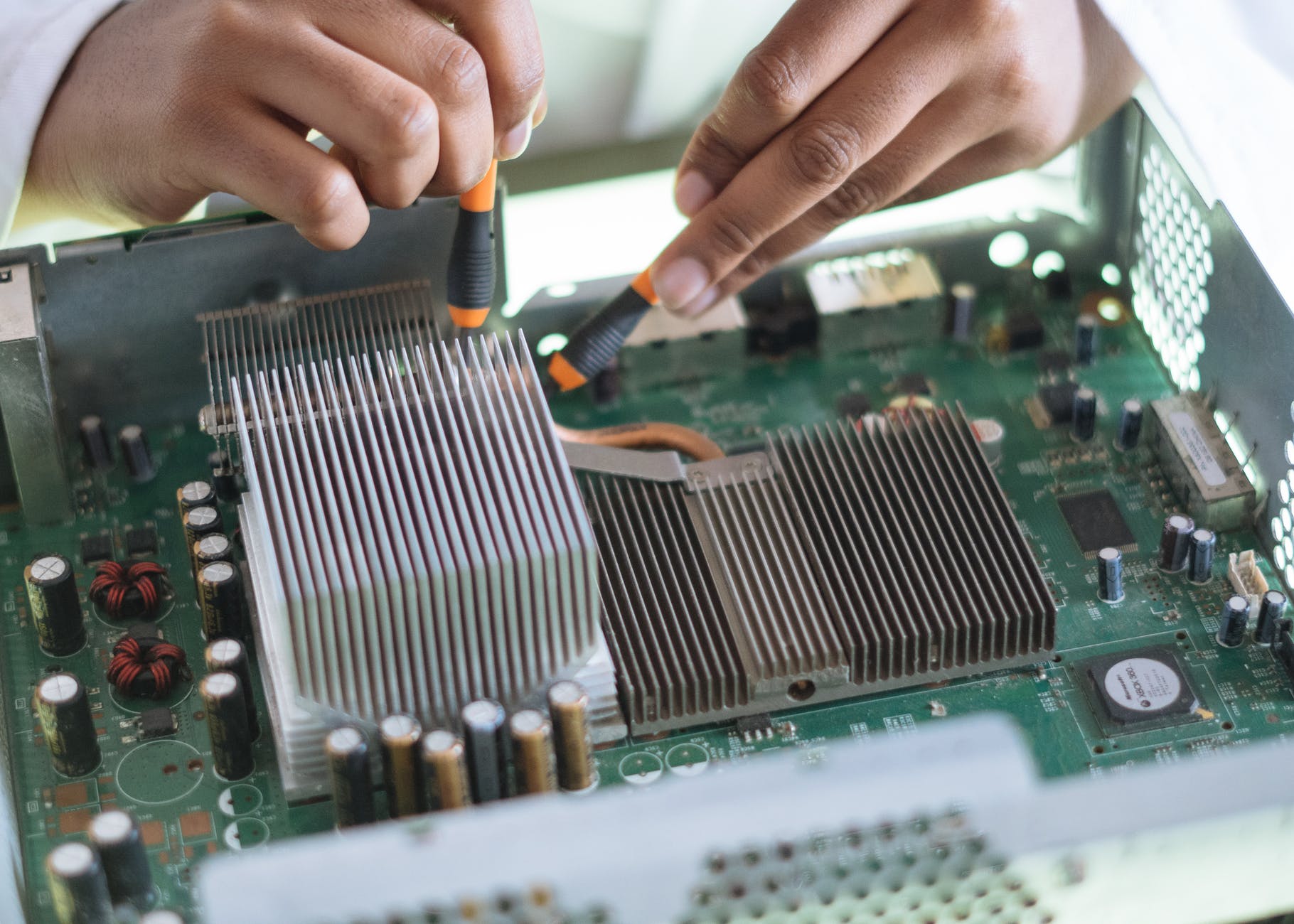
If you’ve decided to start learning electronics and you’re looking to set up your own electronics lab, you’re in the right place. This guide will help you learn how to set up an electronics lab and find the right tools and equipment. To work with electronic components, you’re going to need a way to test, program, and debug the electronics, so you do not only need the right information on how to do this but you also need the right way to do it.
What to know before setting up your Electronics lab
- Know
your tools
Setting up an electronic lab might be difficult if you’re a beginner and do not
know your tools. It is important to know and recognize what tools are
essential, and what tools are not. Start by highlighting the important tools
that are related to the projects that you plan to take on. You can upgrade your
laboratory as your expertise starts to grow, and you begin to work on bigger projects.
Create a space
After identifying your tools and concluding on your
first project, the next step is to create a workspace. Your workspace should
consist of a workbench, or table preferably wooden. Avoid using a metal table
as metals are great conductors of electricity and could create a shock hazard
and unintentional accidents. Your workspace should be well ventilated and lit,
as you’ll need all the lighting you can get.
What are the essential tools to set up an Electronic component lab?
1. Multi-meter
2. Breadboard
4. Resistors
5. Capacitors
6. Potentiometers
and variable resistors
7. LED
8. Diodes
9. Transistors
12. Oscilloscope
13. Wire
strippers
14. Needle-nose
pliers and wire cutters
15. Heat
gun
17. Tweezers
18. Jumper
wires
19. Testers
20. Jumper
wire
Listed above, are some of the essential electronic components for setting up your electronic lab. If you want to know more about some essential electronic components and their uses, we’ve compiled a list in our blog section.To save you the stress of sourcing for these components, a link has been added to each component for you to add to request a quote and shop immediately with no stress. The road to starting your own electronics lab begins with a step. Click here to start sourcing your tools today.
 Share
Share